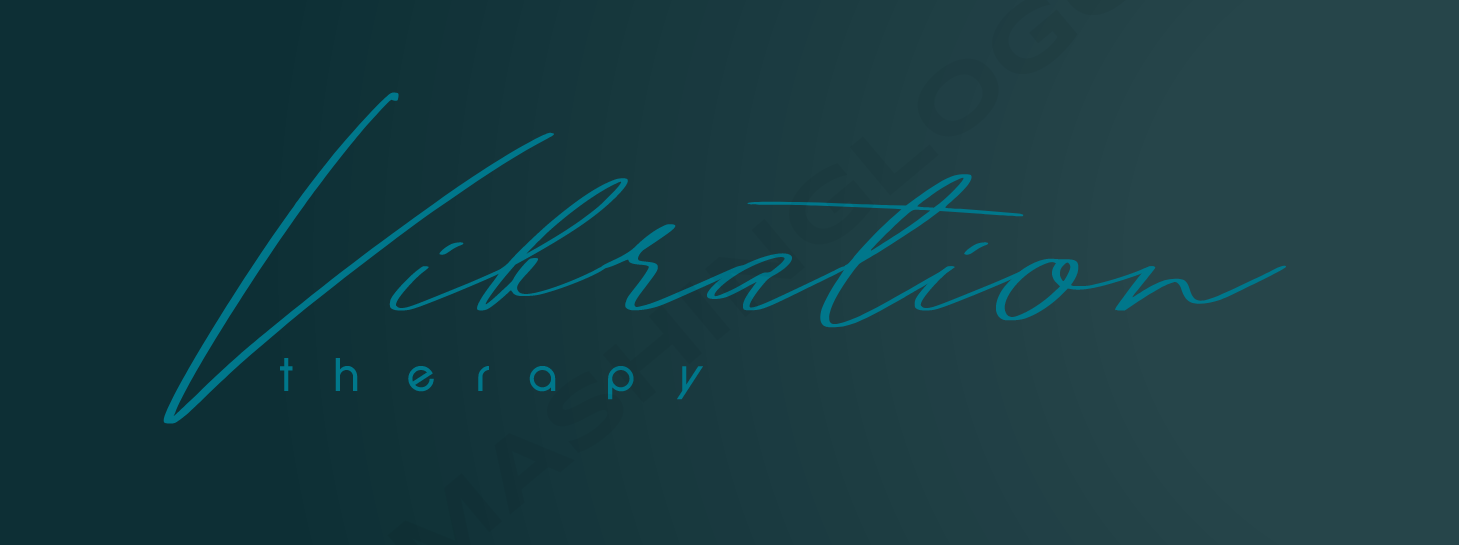Physiotherapy is quite an underrated treatment for various physical ailments and conditions. But when you learn of the different types of physiotherapy treatments used today, you will quickly realise how beneficial and versatile this form of therapy truly is.
Whether recuperating from an injury, managing chronic pain, or seeking relief from a specific condition, there is a type of sports physiotherapy that will attend to your needs and help improve your quality of life.
- Manual Therapy: This technique involves hands-on manipulation of the muscles and joints to lessen pain and increase mobility.
- Electrotherapy: Utilising electrical energy, this treatment stimulates nerves and muscles to promote healing and relieve pain.
- Exercise Therapy: Tailored exercise programs designed to improve movement and strength specific to the patient’s condition.
- Hydrotherapy: Using water resistance and buoyancy in specialised pools relieves pain and improves physical function.
- Acupuncture and Dry Needling: These involve inserting needles at various points on the body to alleviate pain and promote recovery.
- Ultrasound Therapy: High-frequency sound waves treat deep tissue injuries by promoting cell repair and reducing inflammation.
- Cryotherapy and Heat Therapy: Applying cold or heat reduces inflammation, relieves pain, and accelerates healing.
- Respiratory Physiotherapy: Techniques that help improve lung function and clear secretions in individuals with respiratory conditions.
Who Should See a Physiotherapist?
Physiotherapy is intended to benefit people of all ages and physical abilities. It is often recommended for those with injuries, chronic pain, or conditions that affect their ability to move and function. Some common reasons individuals seek physiotherapy include:
- Sports Injuries
- Post-Surgery Rehabilitation
- Arthritis
- Neurological Conditions (e.g., stroke, Parkinson’s disease)
- Back and Neck Pain
- Carpal Tunnel Syndrome
- Muscle Strains or Sprains
Physiotherapy could also be helpful for pregnant women, individuals with workplace-related injuries, and those recovering from accidents. It is a safe and non-invasive methodology that can be used with other medical interventions or on its own.
Benefits of Physiotherapy
The benefits of physiotherapy extend far beyond just physical improvements. Along with reducing pain and improving mobility, there are many other advantages to this form of therapy, including:
- Improved flexibility and range of motion
- Better balance and coordination
- Enhanced strength and endurance
- Increased energy levels
- Faster recovery from injuries or surgery
- Reduced reliance on medication
- Better management of chronic conditions
- Improved overall quality of life
With its diverse range of treatments, versatility, and countless benefits, it is no surprise that physiotherapy remains a popular form of therapy used today.
